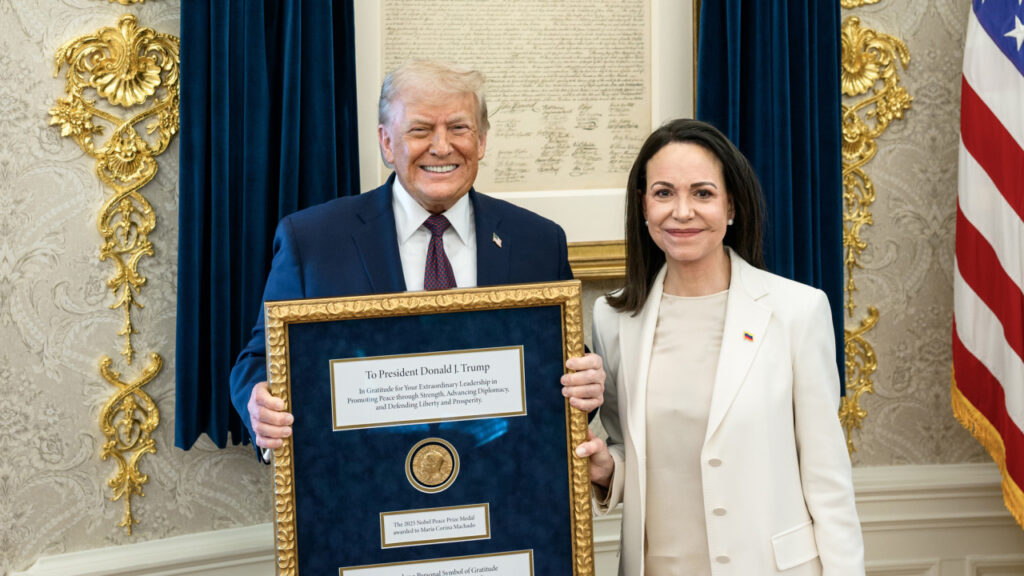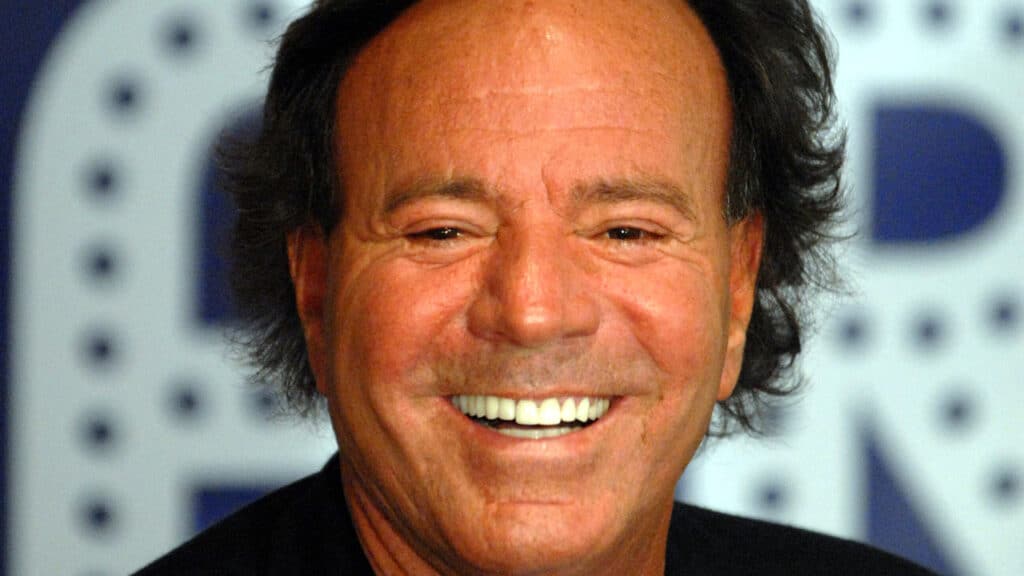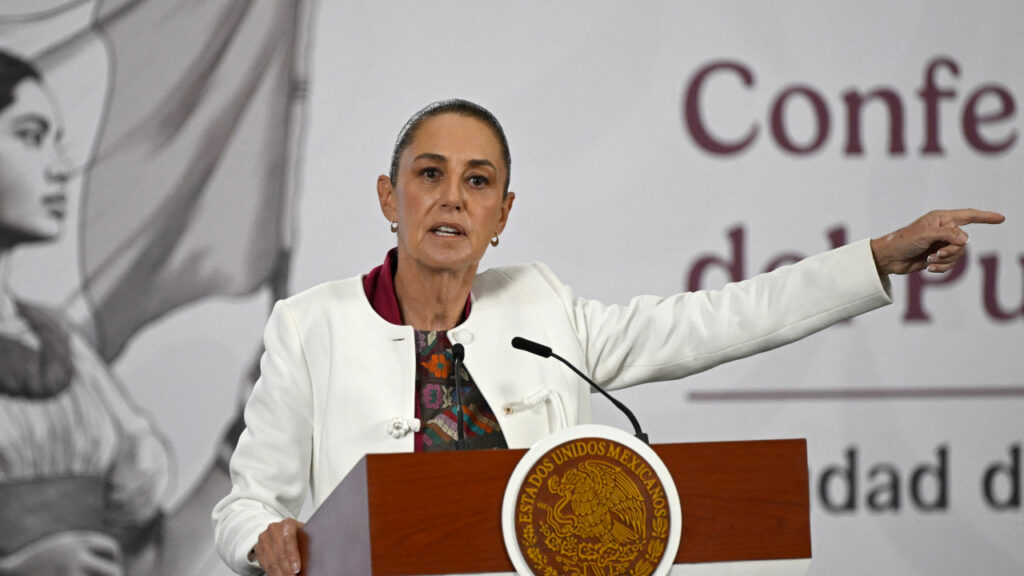
Misogyny and Terrorism: Unmasking the Dark Connection Behind the New Orleans Attack
The New Year’s Eve terror attack in New Orleans was a horrifying reminder of the violence lurking in everyday spaces. Shamsud-Din Jabbar, the man behind the attack, drove his vehicle into a crowded area, killing 15 and injuring dozens more. While the tragedy unfolded against a backdrop of fireworks and celebrations, a closer look at Jabbar’s background reveals a disturbing pattern: his actions may have been fueled, at least in part, by misogyny.
Jabbar, 42, had been divorced three times, faced financial struggles, and reportedly harbored deep grievances about his life. He had initially planned on murdering his family and friends but changed his mind over concerns that the resulting media coverage wouldn’t focus on the “war between the believers and disbelievers,” FBI counterterrorism official Chris Raia told reporters on Thursday. This aligns with growing evidence that violence against women is often a precursor to broader acts of terror.
Is Misogyny the Link Between Extremism and Terrorism?
Misogyny isn’t just a societal ill—it’s a recurring thread in violent extremism and terrorism, both in the U.S. and globally. Over the last decade, researchers and policymakers have increasingly identified how deep-seated hatred for women plays a significant role in motivating violent acts. According to the Lowy Institute, extreme misogyny has been a “common thread” across various forms of terrorism and violent extremism in the past two decades. From incels to far-right extremists, this toxic ideology isn’t a fringe issue—it’s central to the narratives that fuel violence.
In the aftermath of violent acts, like the May 6, 2023, mall shooting in Allen, Texas, analysts found disturbing overlaps between the perpetrator’s neo-Nazi beliefs and incel ideology. He frequently quoted incel forums, underscoring how loneliness, misogyny, and antisemitism are intertwined in far-right extremism. As the Lowy Institute reports, addressing violent extremism requires tackling societal issues like toxic masculinity and misogyny, which often lay the groundwork for radicalization.
Misogyny as a “Gateway Ideology”
Experts have long debated what drives individuals toward terrorism. One overlooked factor? Misogyny. TIME Magazine journalist Jessica Roy describes misogyny as a precursor to extremist violence. Research indicates that domestic abuse and patriarchal ideologies often predict future acts of terrorism. A 2022 Westpoint study found that over one-third of Islamic State (ISIS) defendants with criminal histories had prior arrests for domestic abuse. This isn’t a coincidence—it’s a pattern.
Domestic violence creates a cycle of desensitization to violence. As Joan Smith notes in her book Home Grown: How Domestic Violence Turns Men Into Terrorists, the “female relatives of extremists are often their first victims.” Roy points to cases like Moussa Elhassani, an ISIS member who abused his wife long before he committed acts of terrorism. His story reflects a broader trend: violence at home becomes a rehearsal for violence on a grander scale.
The Role of Far-Right Misogyny
Misogyny isn’t exclusive to religious extremism. It thrives in far-right ideologies. According to Caron E. Gentry’s research published by Northumbria University, misogyny underpins far-right terrorism in the U.S., where groups like the KKK and neo-Nazis link white supremacy to patriarchal control. Anti-abortion violence, such as clinic bombings and doctor assassinations, exemplifies this connection. These acts often stem from fears of “white genocide,” a concept central to replacement theory.
Gentry’s research highlights that far-right groups treat white women as both symbols of purity and objects to control. They glorify women who adhere to traditional roles as mothers and homemakers while demonizing feminists as threats to racial purity. The Aryan Nations’ doctrine explicitly ties racial preservation to controlling women’s reproduction, showing how misogyny operates as an enforcement mechanism for white supremacy.
Incel Ideology: A Rising Threat
The rise of the “involuntary celibate” (incel) movement has added another layer to the connection between misogyny and terrorism. The 2014 Isla Vista attack by Elliot Rodger, which killed six people, marked the beginning of incel ideology’s public infamy. Rodger’s manifesto revealed a deep hatred for women, whom he blamed for his perceived social failures. He called women “evil and depraved” and hoped to inspire others to act on his ideology.
Since then, incel-inspired violence has grown. The 2018 Toronto van attack, which killed ten people, was explicitly framed by the perpetrator as part of an “Incel Rebellion.” The Lowy Institute notes that while few incels commit mass violence, their forums fuel toxic masculinity and encourage radicalization. Governments have started recognizing incel violence as a form of terrorism. In 2020, Canada became the first country to charge an incel-inspired attack as an act of extremist terrorism.
Why Aren’t We Taking Misogyny Seriously?
One of the most glaring issues is how institutions minimize misogyny. According to Gentry, mainstream terrorism studies often fail to see violence against women as political. This oversight allows misogyny to flourish unchallenged within extremist ideologies. For instance, while the January 6 Capitol riot is widely regarded as an act of domestic terrorism, little attention has been paid to the misogynistic motivations of some participants. TIME reports that at least nine rioters had histories of domestic violence, including Guy Reffitt, who choked his wife before storming the Capitol.
Gentry argues that misogyny is often treated as a private issue rather than a systemic force. However, the personal is deeply political. Misogyny enforces patriarchal systems that intersect with other forms of hatred, such as racism and antisemitism. Ignoring it leaves a critical blind spot in counter-terrorism efforts.
Misogyny: A Global Issue With Transnational Impacts
Misogyny’s influence isn’t confined to specific regions or ideologies. It spans the far-right in the U.S., Islamist extremism in the Middle East, and even non-political mass violence. According to Jessica Roy, groups like ISIS use patriarchal narratives to recruit men. ISIS propaganda promised recruits a male-dominated utopia where women could be used as sex slaves. This manipulation appeals to those already desensitized to violence through domestic abuse or patriarchal conditioning.
The online nature of these ideologies exacerbates their reach. The Lowy Institute emphasizes the “leaderless resistance” model adopted by far-right extremists, where lone actors draw inspiration from online communities. Incel forums and white supremacist platforms blur ideological boundaries, creating what Australian intelligence describes as a “toxic cocktail” of conspiracies and grievances.
What Can Be Done?
The link between misogyny and terrorism demands urgent attention. Governments need to address the root causes of misogyny as part of their counter-terrorism strategies. The Lowy Institute suggests tackling loneliness, isolation, and toxic masculinity—factors that often push individuals toward extremist beliefs. This holistic approach would benefit not just counter-terrorism efforts but also broader societal well-being.
Legally, countries must treat domestic violence as a serious crime. TIME reports that lenient punishments for domestic abuse, such as misdemeanors or fines, allow abusers to escalate their violence unchecked. Early intervention in cases of intimate partner violence could prevent future acts of terrorism.
Finally, education is key. Public awareness campaigns should highlight how misogyny fuels extremism, challenging the narrative that violence against women is a private issue. Recognizing misogyny as a political and ideological force is the first step toward dismantling its power.
The Cost of Ignoring Misogyny
Violence against women isn’t just a personal tragedy—it’s a public warning sign. From incel-inspired mass shootings to far-right extremism, misogyny lays the groundwork for terrorism. Ignoring this connection puts lives at risk and undermines efforts to create a safer, more equitable society. As Gentry warns, the counter-terrorism community can no longer disregard the political dimensions of misogyny. The stakes are too high.




